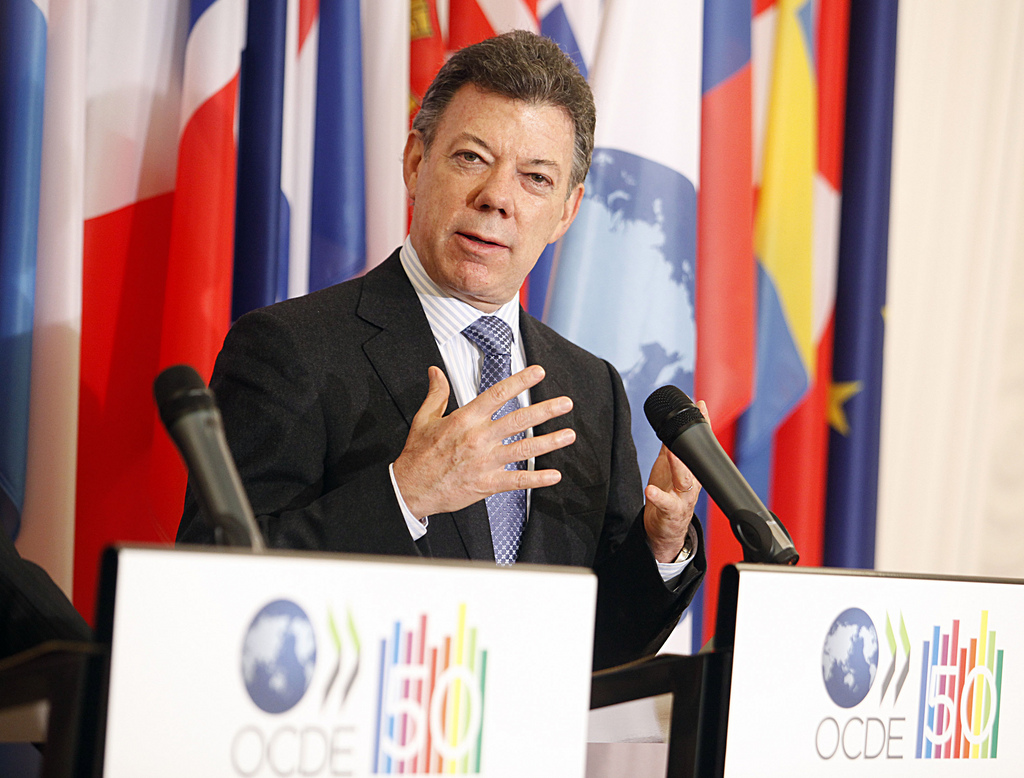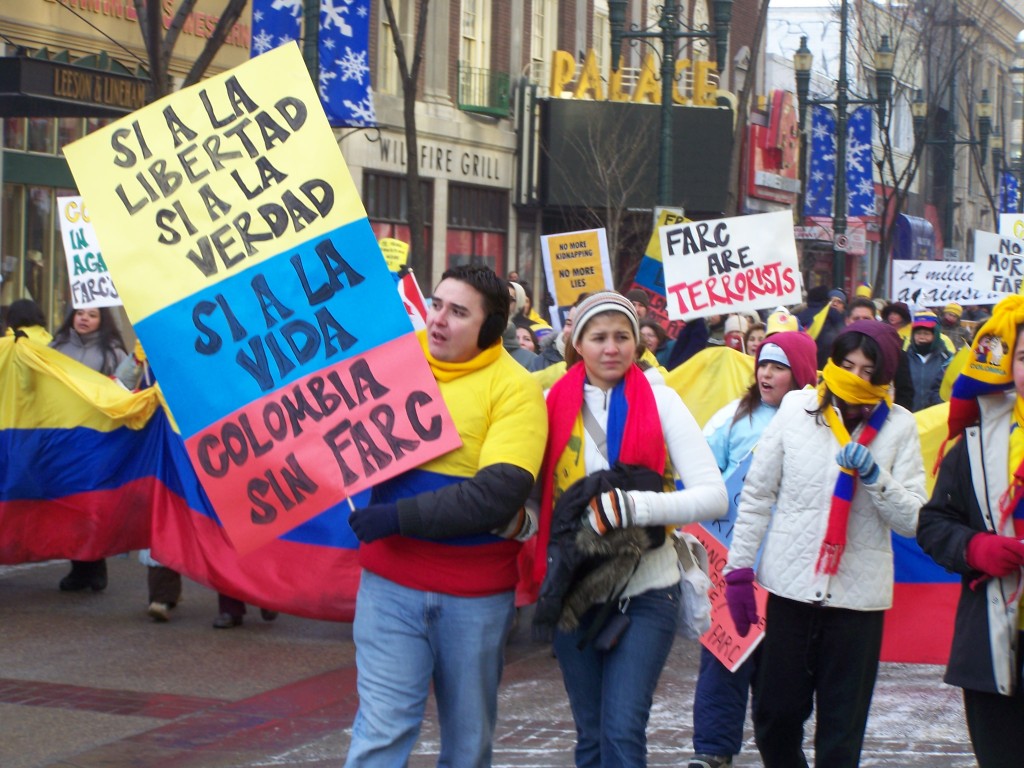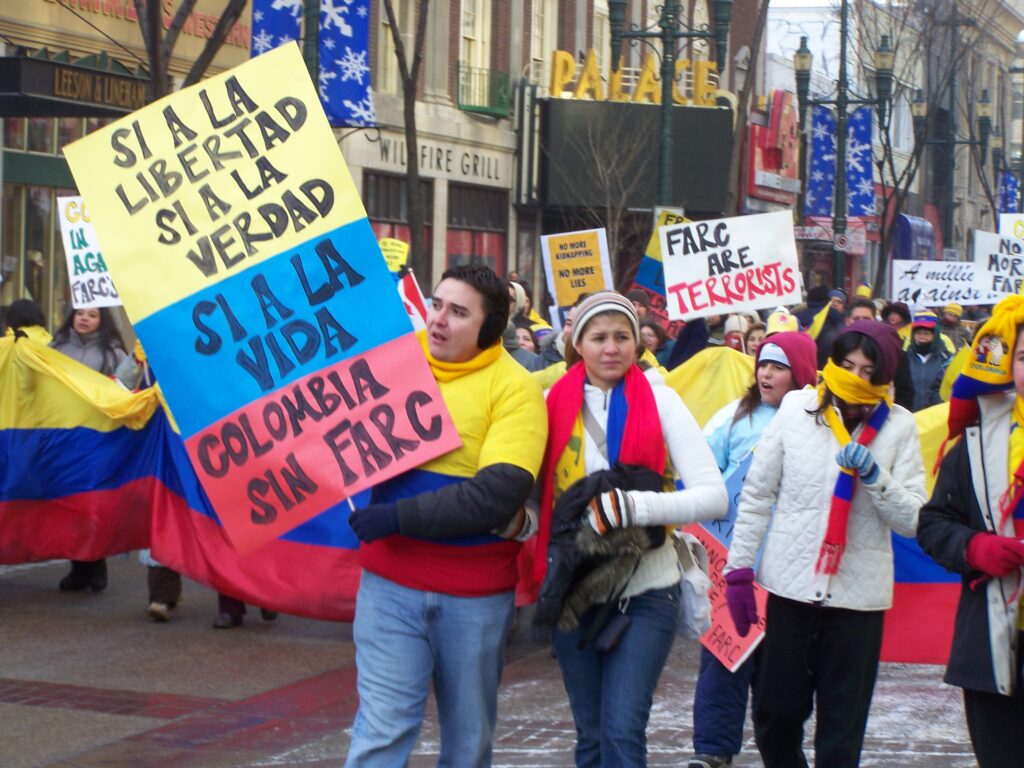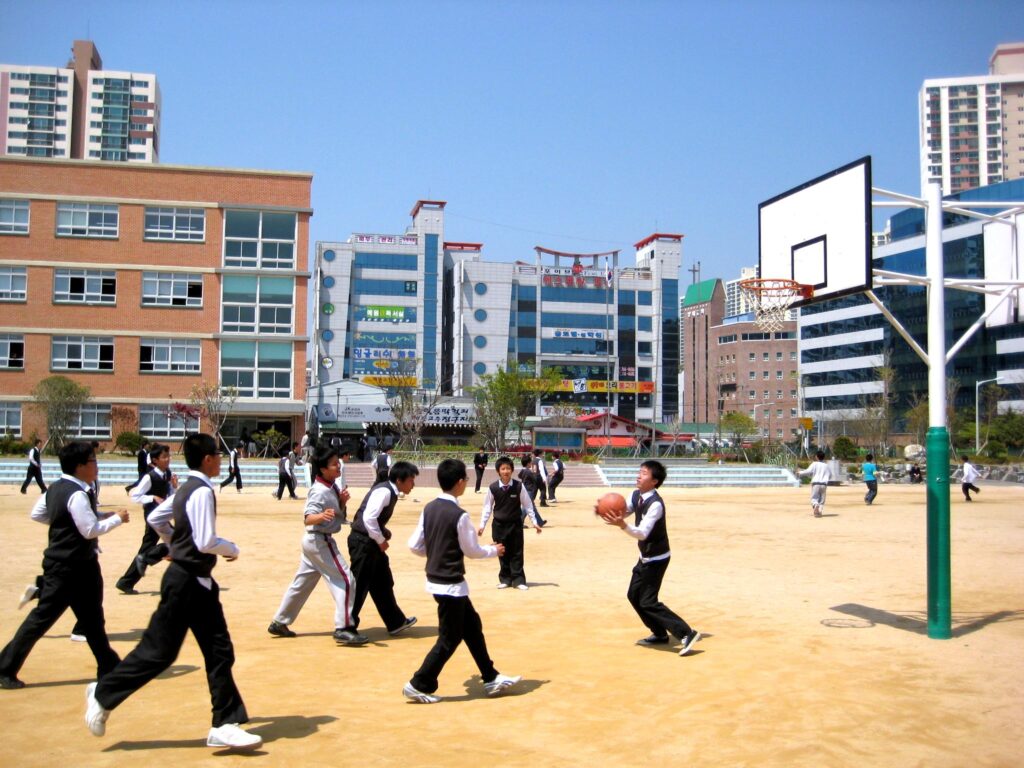In Latin America, the Cuban Missile Crisis largely defined the Cold War. However, the ideological rivalry of the era touched the continent beyond the borders of Cuba. In Colombia, turmoil between the government and communist rebel groups have haunted the country since 1964 in what is the longest-running internal conflict in the Western Hemisphere. The government has operated with peace and stability in mind, while the Revolutionary Armed Forces of Colombia, or Fuerzas Armadas Revolucionarias de Colombia (FARC) in Spanish, has violently pursued Marxist-Leninist reforms. Both sides have dealt with their share of corruption and scandal, including drug trafficking and human rights violations from a number of paramilitary groups. The conflict has killed hundreds of thousands of people, misplaced countless others and interrupted domestic and international counternarcotics and arms trade reforms. However, peace has become an increasingly realistic dream.

President Juan Manuel Santos has agreed to peace talks with the FARC and the National Liberation Army (Ejército de Liberación Nacional, ELN), a smaller terrorist guerilla force, in a major step towards long-term stability in Colombia. These talks in Havana, Cuba, are seen as a welcome change after former President Álvaro Uribe’s tough stance against the FARC (an internationally recognized terrorist organization), which revealed no solid advancements toward peace but destabilized the FARC’s military power. The talks have been complicated since their beginning in November 2013 by violence from various paramilitary groups on both sides.
Resolution is not only paramount to the Colombian people, but also critical for Santos’ political career. Leading up to the June presidential elections, Santos based his campaign on promises of peace and an end to the FARC. Many Colombians, including some victims of FARC attacks, have expressed faith in Santos’ policy of negotiation, but if talks go downhill, Santos risks dramatic drops in approval and loss of power to the more conservative Democratic Center party (Centro Democrático), led by former President Uribe and his protégé, Óscar Iván Zuluaga.

Although the president’s efforts to establish peace in Colombia are appreciated by many, his measures are not sufficiently bold or thorough. Thus far, the discussions in Havana are of a decidedly political, rather than social, nature. Government delegates have focused on the politicization of the FARC and the “interests of democracy” rather than the cultural and economic reforms – including land reassignment and farming reforms – requested by attack victims and the majority of Colombian citizens. Moreover, the land reforms demanded by the people have taken a back seat to the economic interests of the business elites – Santos’ supporters – who own and control much of Colombia. Although this plan may encourage business and economic growth (another major element of his platform), these peace negotiations may only lead to another form of violence, this time from frustrated citizens instead of from the FARC and other militant groups. By putting his political needs before the desires of the people, he may have jeopardized the stability and safety of his country.
The views expressed by these authors do not necessarily reflect those of the Glimpse from the Globe staff, editors, or governors.







